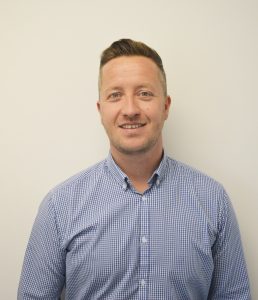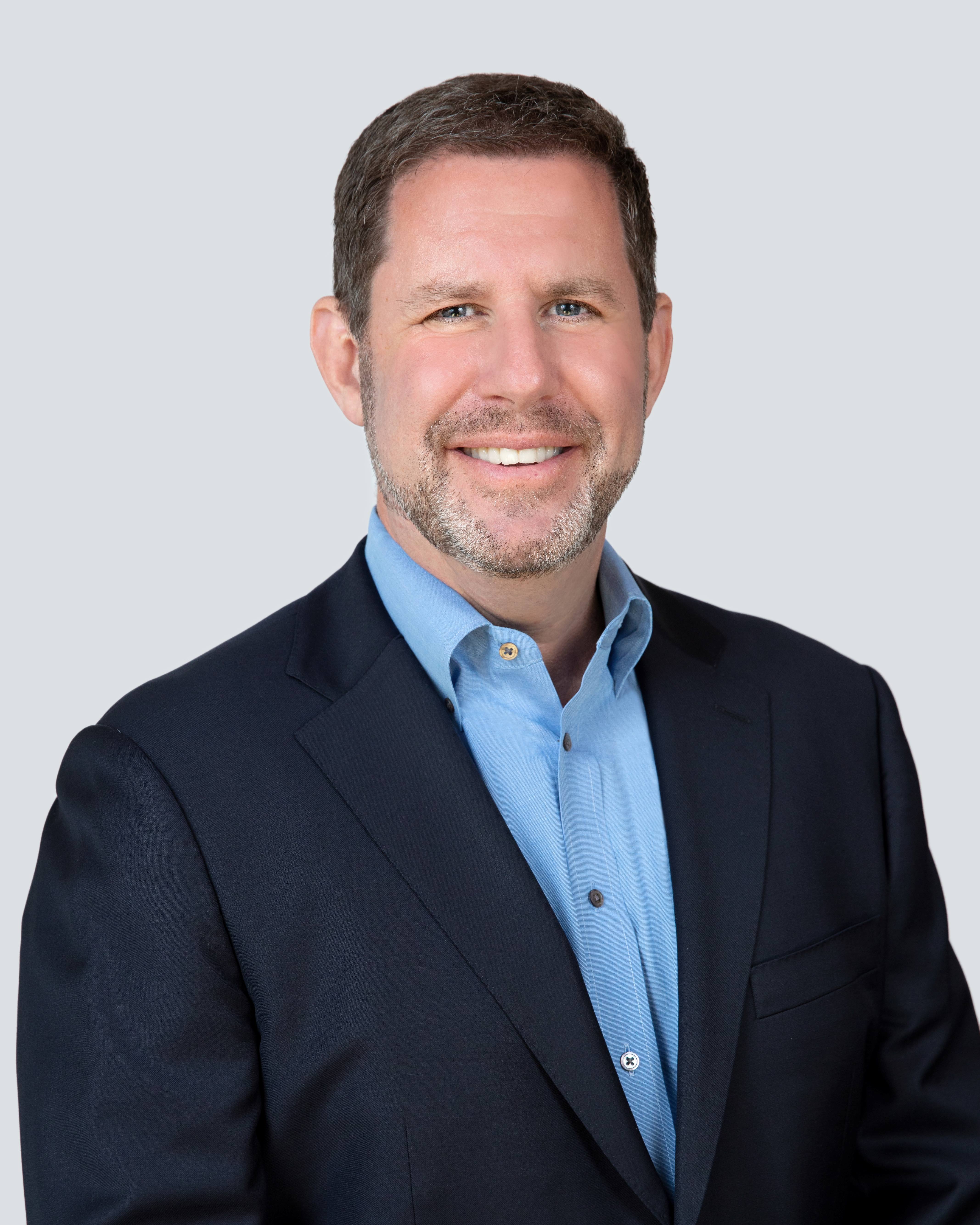Brighter Futures at Covéa Insurance
Creating lasting and meaningful professional futures for young people and the insurance industry comes from nurturing partnerships, supporting local communities and consistent evolution. Matthew Metcalfe, Covéa Insurance discusses below.
Q. Covéa highly values nurturing brighter futures for young people, with its involvement in apprenticeship programmes and partnerships in education. What can these initiatives offer young people looking to create a career for themselves?
A. They’re vitally important to creating a thriving workplace. We’ve got 25 apprenticeship routes now in the business, we had 1 when I started the apprenticeship scheme in 2012. This gives opportunity and opens doors to people who otherwise might not get a chance. We’re able to create programmes that open up access to a really interesting industry that’s going through a massive amount of change which young people can influence and shape. There’s a chance to make a real difference with the ideas that they can bring to the business. For us, it’s a lot more than just recruiting; it’s about making a difference in the communities where we operate, for example, by providing advice to students who aren’t clear about career paths.
We’re providing strategic advice to 20 students in Halifax, struggling to decide between university or going to work so we’re doing some intervention to help. From a student’s point of view, it’s helping them develop confidence and self-esteem. It’s the small things that we can do to make a difference.
It’s the small things that we can do to make a difference.
Q. Covéa has grown a lot in recent years – what do you think are the key factors driving this growth? To what extent is your success down to partnerships within local communities?
A. When I joined the business, we had 400 people, now we have 2000, recruiting around 300 people last year. You can’t do that without strong community partnerships that are mutually beneficial. It’s about having that strategic relationship where we can share information, recruit the best talent from the schools we work with and also share things like labour market information and insight to really benefit young people going forward.
We’re also incredibly proud of our virtual work experience programme that we set up to run during the pandemic while everyone has been working remotely. We designed a “Build Your Own Insurance Company” programme to allow students to understand how complex insurers are. So, we get access to that talent and they get access to a really valuable learning experience. The next stage is making the virtual work experience a hybrid work experience to reflect the new world we’re going to be working in when the pandemic restrictions are lifted. This will help students to adapt to working in a variety of environments. It’s a continuous evolution.
350 students completed our work experience programme in-person before lockdown and we didn’t want students to miss out, which is how the virtual programme came about. It’s been brilliant for Covéa, the insurance industry and the community. We’re now developing a far more sophisticated and exciting work experience programme as we look ahead to the future of work.
We’ve been able to shape what future learning will look like
Q. With only 3% of females having a tech career as their first choice, and worse than that, only 16% having a STEM field suggested to them. Why is it crucial for the gender imbalance in the STEM fields be equalised as much as possible looking into the future?
A. It’s vital for the industry to survive. We can’t create products for customers with a purely male bias, we need female talent to help shape those products, so there has to be a real focus on this. We need to remove boundaries that are stopping females from breaking through. One of the ways we’re driving change within our business is through our gender diversity network. It’s exec sponsored and enables talented females in the in the business to collaborate more. And it’s not exclusively for females, we have males as part of that group, which is really good.
Thinking around digital skills, that’s what future jobs are going to be. Even contact centre work is going to be heavily reliant on digital skills, which are in high demand and tend to be paid better. More women working in tech helps address the gender pay gap.
We’ve got a very big push in digital recruitment right now, so we’re using a gender decoder in my function to make sure all our job adverts are gender inclusive. We’re also working with Stemettes, we’re signatories to The Tech Talent Charter and we’re using #TechSheCan to support organisations that are really trying to drive change.
We’re sharing lots of profiles of our people and looking to develop a diversity development toolkit to feed those resources back into schools and colleges. It’s getting young female role models in our digital area to go and tell a story about why they moved into tech. Some of them didn’t start a career in tech, but this is about how they transferred over and use their skills for a significant change for the industry. It’s vital that we do that.
we need to create more degree apprenticeships and remove the barriers that stop people getting into insurance
Q. In respect of young people’s futures, where should our attention be focussing on as of now? Who or what is not being spoken about enough?
A. Social mobility and inclusive automation. We’ve a responsibility to provide opportunities to people that are in social mobility ‘cold spots’. That means being less reliant on aptitude and valuing attitude and motivation more when interviewing young people. Some people can’t always access higher education and the massive amount of money insurers contribute to the apprenticeship levy creates an opportunity to address this. The priority is how we use it as an industry; I think we need to create more degree apprenticeships and remove the barriers that stop people getting into insurance.
We’ve done a lot of work around the T Levels programme for schools. I was personally part of the advisory board with the Institute of Technical Education and the Industry for Technical apprenticeships. Through this, we’ve been able to shape what future learning will look like, helping create a parity between A-levels and vocational choices, having a third option for a young person; I think helps, especially with the social mobility challenge.
Inclusive automation is a hot topic right now. It’s about how digital transformation is going to change the way contact centres work and how people can adopt new technology quicker. At Covéa we’ve had to think “how do we create programmes to upskill our people?”. So we’re using internal mobility and moving people into digital functions. For example, we’ve built our own eight-week coding programme to teach people the basics of coding, running throughout the year. There’s increasing need to upskill and then move people internally to a different business area because, in five years’ time, contact centres are going to look so different.




